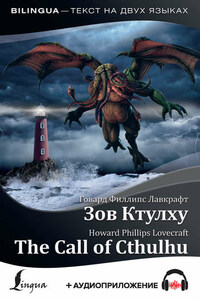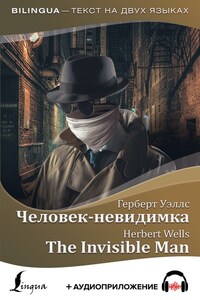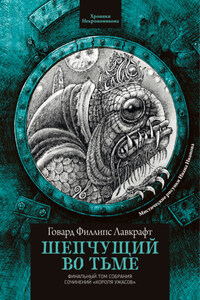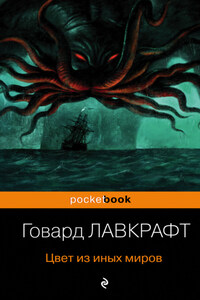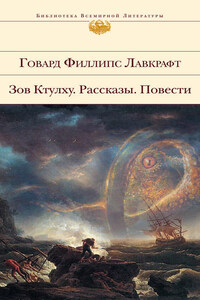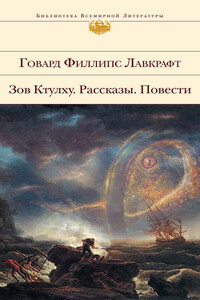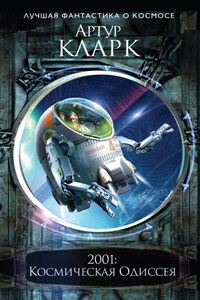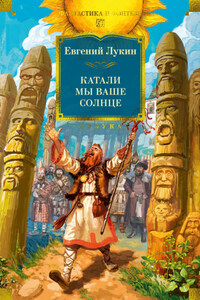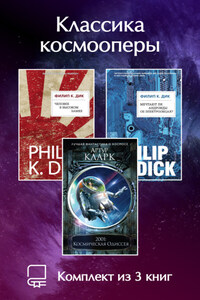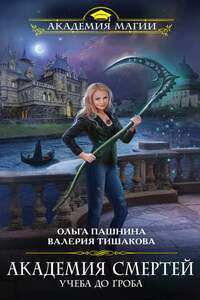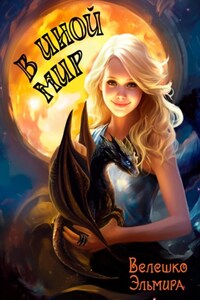The most merciful thing in the world, I think, is the inability of the human mind to correlate all its contents. We live on a placid island of ignorance in the midst of black seas of infinity, and it was not meant that we should voyage far. The sciences have harmed us little; but some day the piecing together of dissociated knowledge will open up such terrifying views of reality, that we’ll either go mad from the revelation or flee from the light into the peace and safety of a new dark age.
Theosophists have guessed at the awesome grandeur of the cosmic cycle where our world and human race form transient incidents. Their strange suggestions freeze the blood. Forbidden ages chill me when I think of them and madden me when I dream of them. That glimpse, like all dread glimpses of truth, appeared from an accidental piecing together of separated things: in this case, an old newspaper and the notes of a dead professor. I hope that no one else will make this piecing; certainly, if I live, I shall never add a link in that terrible chain. I think that the professor, too, intended to keep silent, and that he was going to destroy his notes but sudden death stopped him.
My first experience began in the winter of 1926-27 with the death of my great-uncle, George Gammell Angell, Professor Emeritus of Semitic Languages in Brown University, Providence, Rhode Island. Professor Angell was widely known as an authority on ancient inscriptions, and the heads of prominent museums had frequently asked him for help; so his death at the age of ninety-two was talked about. Moreover, interest was intensified by the obscurity of the cause of death. The professor had been stricken while he was returning from the Newport boat. He fell suddenly; as witnesses said, after he had been jostled by a nautical-looking negro who had come from one of the queer dark courts on the precipitous hillside which formed a short way from the waterfront to the professor’s home in Williams Street. Physicians were unable to find any visible disorder, but concluded after perplexed debate that some obscure lesion of the heart, induced by the brisk ascent of a steep hill by so elderly a man, was responsible for the end. At the time I saw no reason to dissent from this dictum, but latterly I began to doubt.
